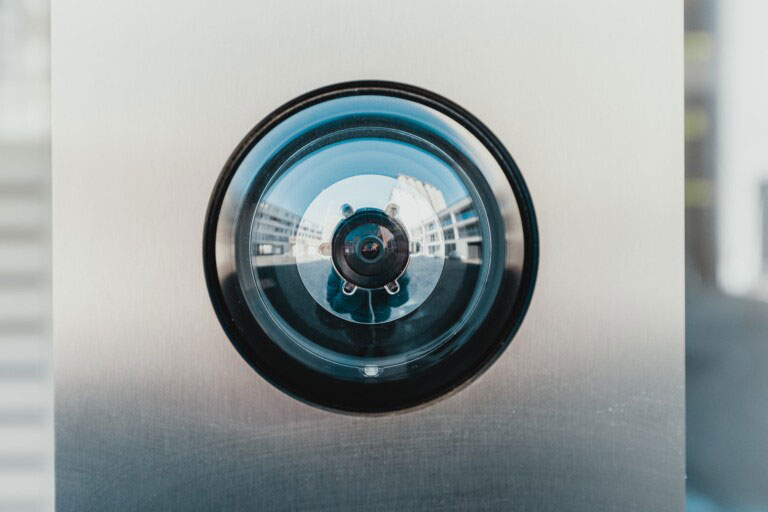
The rules of disclosure are fundamental to the adversarial system. Rule 7-1(21) of the Supreme Court Civil Rules says that a party who fails to make proper disclosure of a document will not be permitted to use the document at trial, unless otherwise ordered. Recently in Cook v. Kang, 2020 BCSC 575, the court considered its discretion under Rule 7-1(21) to permit the use of documents at trial – surreptitious audio recordings – despite the Plaintiff’s failure to disclose these in a timely manner.
The plaintiff attended two independent medical examinations (the “IMEs”) scheduled by defence counsel. Unknown to the examiner, the plaintiff made audio recordings of the IME (the “Recordings”) and later provided these to his counsel. The plaintiff did not disclose the Recordings to defence counsel.
The defendants became aware of the Recordings at trial when the plaintiff referred to these during cross examination. Plaintiff’s counsel then served an amended list of documents identifying the Recordings as documents within the plaintiff’s possession and notified defence counsel that the plaintiff might use the Recordings in cross-examination of the defence retained physicians who conducted the IMEs.
The defendants sought: (1) a ruling barring the plaintiff from relying on the Recordings based on a failure to disclose them in a timely manner; and (2) a ruling that the Recordings were inadmissible on the basis that they were recorded surreptitiously in the course of the IMEs.
Rule 7-1 requires that each party of record list and serve all documents in their possession that could be used by any party to prove or disprove a material fact or that the listing party intends to refer to at trial. The rule imposes an ongoing obligation to disclose relevant documents. Rule 7-1(21) outlines the consequences of a party failing to properly list a document. A party who fails to make proper discovery of a document “may not put the document in evidence in the proceeding or use it for the purposes of examination or cross-examination” unless the court orders otherwise. The “obvious purpose of these rules is to prevent trial by ambush” (Cambie Surgeries Corporation v. British Columbia (Attorney General), 2019 BCSC 1221 at para. 13, referred to at para 16 of Cook)
The court held that the Recordings were inadmissible for two reasons. First, the plaintiff failed to list the Recording on his list of documents and factors did not weigh in favour of the court exercising its discretion to allow their use at trial pursuant to Rule 7-1(21). Second, the Recordings were inadmissible because they were unlawfully obtained, contrary to Rule 7-6.
Plaintiff’s counsel argued that the only potential use of the Recordings would be to cross-examine the defence expert witnesses and therefore the Recordings were relevant only to witness credibility and not a “material fact” as contemplated under Rule 7-1. The court agreed that documents which could be used solely to challenge credibility might not be caught by Rule 7-1 or may, alternatively, be subject to privilege as part of the solicitor’s brief until the expert says something inconsistent with them. However, in this case, the court had no trouble finding that the Recordings do not fall into that category and, rather, relate to the matter in question. As such, and not surprisingly, the court concluded that the plaintiff failed to properly list the Recordings as required by Rule 7-1.
In deciding whether to exercise its discretion to allow the Recordings to be put into evidence, despite the failure to disclose, the court weighs the following factors:
- whether the opposing party will be prejudiced by the proposed use of the document;
- whether a reasonable explanation has been provided for the failure to properly disclose the document;
- whether refusing permission to use the document would be an impediment to determining the merits of the case; and
- whether, in the circumstances of the case, the ends of justice require that permission be given to use the document despite the failure to properly disclose it.
The court weighed the above factors and found that allowing the plaintiff to use the Recordings despite its failure to make timely disclosure would be contrary to the object of Rule 7-1 and would undermine fairness at trial. Consequently, the court refused to exercise its discretion under Rule 7-1(21).
In addition to seeking a ruling barring the admissibility of the Recordings based on a failure to disclose, counsel for the defendants also sought a ruling that the Recordings are inadmissible on the basis that they were unknowingly recorded in the course of the IMEs which is governed by Rule 7-6.
The court said that while it is not illegal for a person to surreptitiously record a private conversation to which that person is a party and therefore consents as contemplated in the Criminal Code, RSC 1985, c. C-46, in the within case, both IMEs took place as part of the court’s process under Rule 7-6 and case law in relation to same indicates that a party wishing to record an IME needs to seek leave of the court to do so. The court found the Recordings were prima facie inadmissible because they were “obtained unlawfully” in the sense that they were obtained in a manner that is contrary to the Rules (Rule 7-6) and it was not otherwise in interests of justice to permit their admission at trial.
In this decision, the court stressed that the obligation to identify and list documents falls upon the party and no distinction is drawn between the party and his or her counsel. Thus, it is important for counsel to ensure that their clients are aware of (and regularly reminded of) their disclosure obligations.
Importantly, recording any conversation is something that must be undertaken with caution. In some contexts, the recording may be illegal. In other situations, it may be inadmissible. Thus, where an IME is sought, leave of the court is required to record the examination



